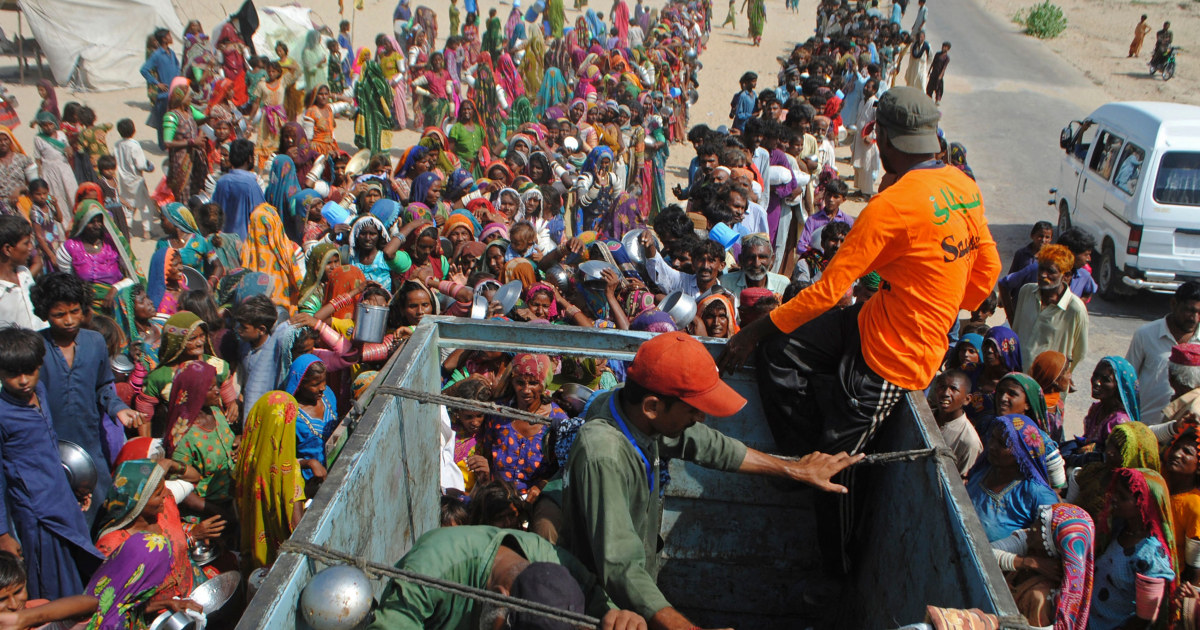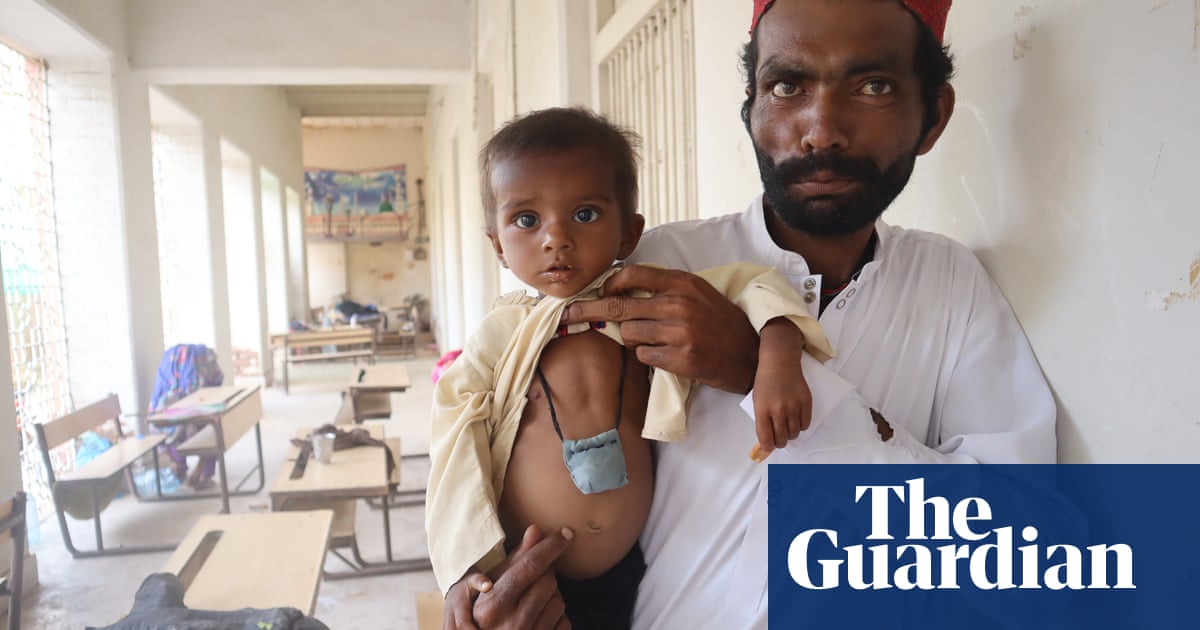The Facts
After melting glaciers and monsoon rains submerged one-third of Pakistan over the summer — killing 1.7K and affecting 33M — the UN's Office for the Coordination of Humanitarian Affairs (OCHA) said on Tuesday that 240K remain displaced and roughly 8M are "still potentially exposed to floodwaters or living close to flooded areas."
The report cites satellite images showing floodwaters still present in 11 districts of Sindh and two districts of Balochistan, with poor sanitation and contaminated water particularly impacting children's health. Diarrhea and other waterborne diseases are still widespread.
The Spin
Narrative A
Pakistan's lackluster approach to flood prevention and resilience measures is primarily to blame. After experiencing massive floods in 2010 and again this year, Pakistan must start operationalizing flood prevention measures codified by international standards. These include building gender-appropriate shelters and strengthening education, sanitation, and infrastructure systems.
Narrative B
Having only contributed less than 1% of the world's carbon emissions, Pakistan should not have to foot the entire bill after enduring these climate change-induced floods. It's been 20 years since the West pledged to contribute $100B to developing countries, and it's about time the richest nations in the world follow through on that promise. It's not fair to expect Islamabad to respond effectively to climate-catalyzed catastrophes spurred by Western consumption.



